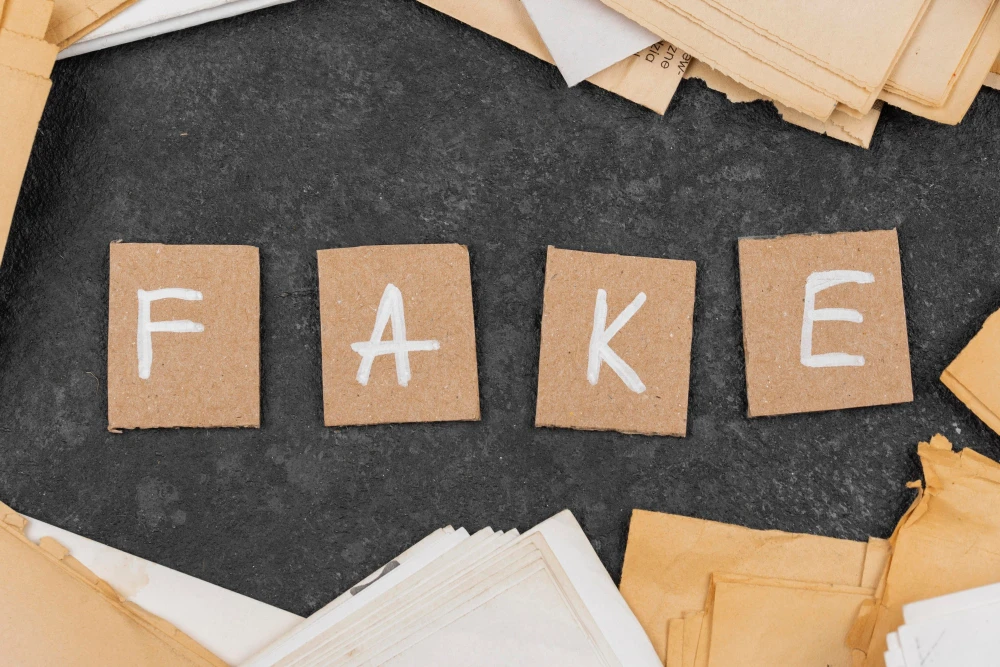The Prevalence of Fake Reviews
In today’s digital age, online reviews hold immense power. They influence consumer decisions, shape reputations, and can make or break a business. Unfortunately, this power also attracts those who seek to gain an unfair advantage through deceptive practices, like posting fake reviews.
- A whopping 94% of consumers say an online review has convinced them to avoid a business. (ReviewTrackers)
- A single negative review can cost a business about 30 customers. (Moz)
- 40% of consumers form an opinion by reading just one to three reviews. (MarketingProfs)
- 18% of reviews on Yelp are estimated to be fake. (Cornell University Study)
These statistics underscore the significant impact that reviews can have on a law firm’s success, as well as the unfortunate prevalence of fake reviews in the online ecosystem.
Identifying Fake Reviews
Spotting fake reviews can be tricky, but certain red flags can help you identify potential foul play:
- Overly positive or negative language: Reviews that are excessively glowing or scathing, often lacking specific details about the experience, may be suspect.
- Similar wording or patterns: Multiple reviews with similar language, phrasing, or patterns could indicate a coordinated effort to manipulate ratings.
- Reviewer profiles: Check the reviewer’s profile. If they have a history of leaving only negative reviews or have no other activity on the platform, the review may be fake.
- Timing: A sudden influx of negative reviews, especially around the same time, could be a sign of a smear campaign.
- Lack of detail: Genuine reviews typically provide specific details about the experience. Vague or generic comments may indicate a fake review.
What to Do When You Suspect Fake Reviews
If you believe a competitor is posting fake reviews about your law firm, it’s important to take action to protect your reputation. Here are some steps you can take:
- Flag the Review: Report the suspicious review to the platform (e.g., Google, Yelp, Avvo). Provide evidence supporting your claim, such as similarities in language or suspicious reviewer profiles.
- Respond Professionally: If the review is visible to the public, respond calmly and professionally. Address the concerns raised in the review, but avoid getting drawn into a heated exchange.
- Gather Evidence: If you suspect a pattern of fake reviews, try to gather evidence linking them to your competitor. This may include screenshots, IP addresses, or other identifying information.
- Consult an Attorney: If the fake reviews are causing significant damage to your reputation, consult an attorney to explore legal options, such as defamation lawsuits or cease-and-desist letters.
- Focus on Positive Reviews: Encourage satisfied clients to leave genuine positive reviews, which can help drown out the impact of fake negative ones.
Business Solutions Marketing Group Can Help
At Business Solutions Marketing Group, we specialize in helping law firms manage their online reputation. Our review removal services utilize ethical and effective strategies to combat fake reviews and protect your brand. We’ll work diligently to identify and remove reviews that violate platform guidelines, helping you maintain a positive online presence.
Don’t Let Competitors Tarnish Your Reputation
Fake reviews can be damaging, but with the right approach, you can mitigate their impact. Remember, proactive reputation management is key. By actively monitoring your online presence, responding to reviews, and encouraging positive feedback, you can build a strong reputation that withstands any attempt at sabotage.







